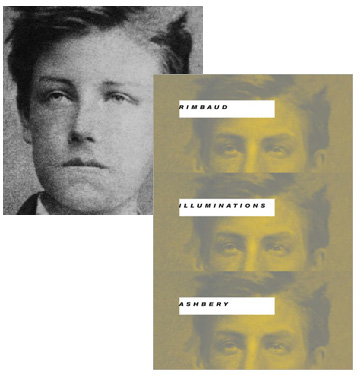Read This: Embassytown
I had another review in Shelf Awareness yesterday, looking at the new China Miéville novel, Embassytown. It’s his first “hard” science fiction novel, with aliens and spaceships and everything, but it’s still chock full of his concern with politics and philosophy—in fact, the emphasis in Embassytown on alien linguistics brings philosophical concerns right into the foreground, but without losing any of the story’s dramatic tension.
The novel takes place on a colonial world where the humans have, after much difficulty, established a relationship with “the Hosts,” a race whose language (called “Language”) is only capable of containing true statements. They can’t even use a simile unless there is an actual referent; Avice, the protagonist, was recruited as a child to act out the part of “the girl who ate what was given to her.” As an adult, returning to her hometown, she reluctantly falls in with a group of other similes, at a time when the Hosts are playing with the idea of learning how to lie, which leads into one of the major tensions that sets the Embassytown crisis in motion. Not many science fiction novels are built around linguistics, so the good ones that do exist, like Jack Vance’s The Languages of Pao, and Suzette Haden Elgin’s Native Tongue, tend to stand out, and Embassytown is no exception. As I wrote in my review, “If you had to find a writer who could infuse the creation of demonstrative pronouns with dramatic power, China Miéville would be one of the top candidates.” There’s another powerful grammar shift in the novel as well… but I want you to discover that surprise for yourself.
18 May 2011 | read this |
Arthur Rimbaud, “Seascape” (Marine)

Silver and copper chariots—
Steel and silver ship’s bows—
Hammer the foam,—
Heave up stumps of brambles.
The currents of the heath,
And the huge ruts of the ebb tide
Swirl toward the east,
Toward the pillars of the forest,—
Toward the timbers of the pier,
Whose angle is struck by whirlpools of light.
W.W. Norton has published a new translation of Illuminations by John Ashbery. Thanks to Criticism &c, you can compare Ashbery to the Louise Varèse translation, and Poetry has published four of the poems—“Genie,” “Morning of Drunkenness,” “Royalty,” and “To a Reason”—as well as Ashbery’s introductory remarks.
And here’s Ashbery reading from “Promontory” earlier this year at the New School…
17 May 2011 | poetry |

 Our Endless and Proper Work is my new book with Belt Publishing about starting (and sticking to) a productive writing practice.
Our Endless and Proper Work is my new book with Belt Publishing about starting (and sticking to) a productive writing practice. 
